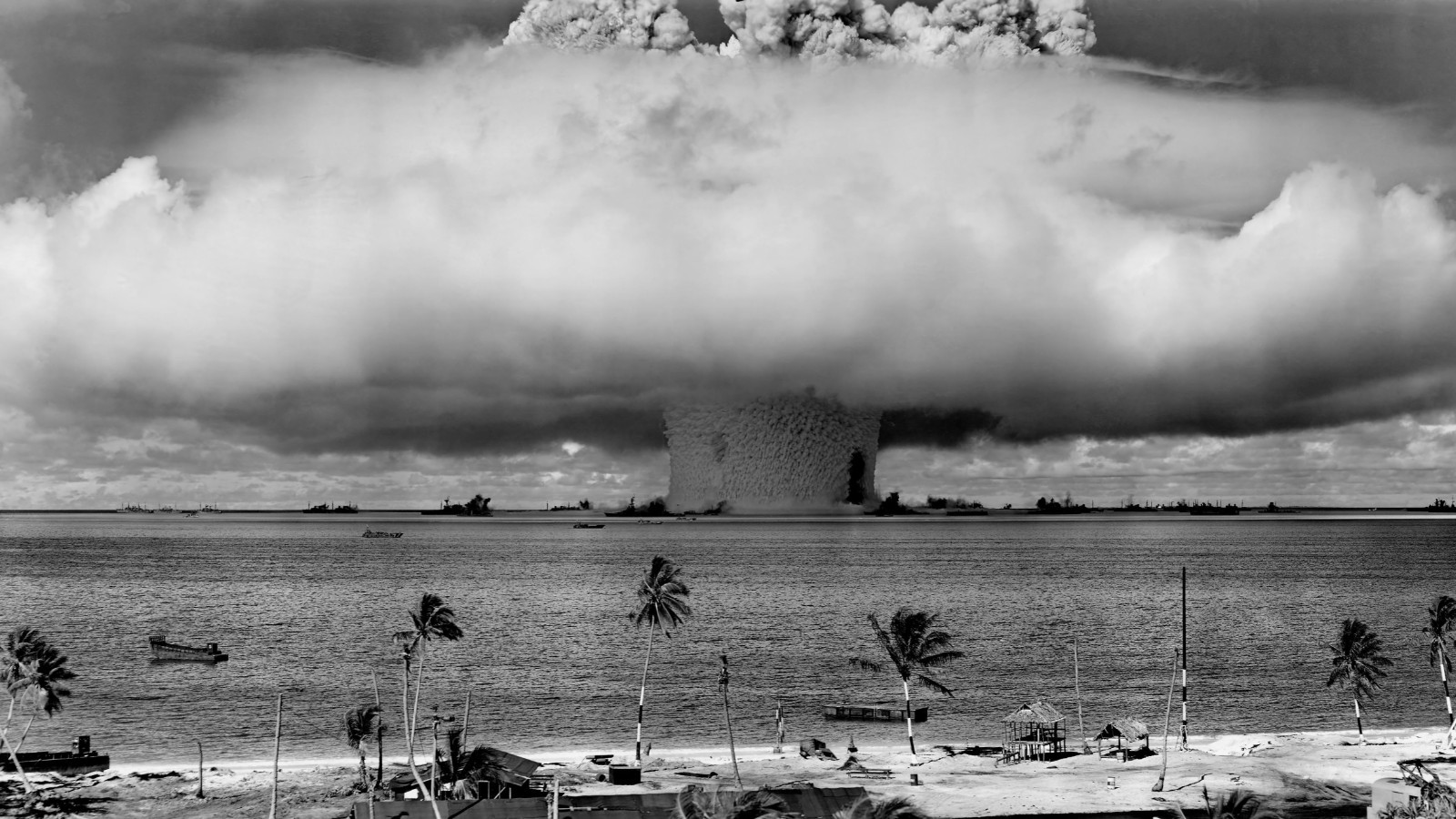Seventy-five years after the first use of atomic weapons in war, the Federation of American Scientists looked back on humanity's history with nuclear weapons, and where the world will go from here.
On Aug. 6 1945, the first use of an atomic bomb against human beings in the course of war occurred when the United States bombed Hiroshima, Japan. Three days later, on Aug. 9, Nagasaki was the second city to be bombed, and the last time a nuclear weapon has been used to this date in war.
Yet, the the legacy of nuclear weapons lives on, in stockpiles of weapons and in the continued harm to health and environment left by decades of nuclear tests, the Federation of American Scientists notes in a post to the organization's website.
"As the only country to use nuclear weapons in conflict, the United States has a moral obligation to lead the world in ending this menace and restoring communities impacted by nuclear weapons," a statement from the Federation reads. "People created these weapons and designed the systems governing their use; people can work to eliminate them."


 Alerts Sign-up
Alerts Sign-up